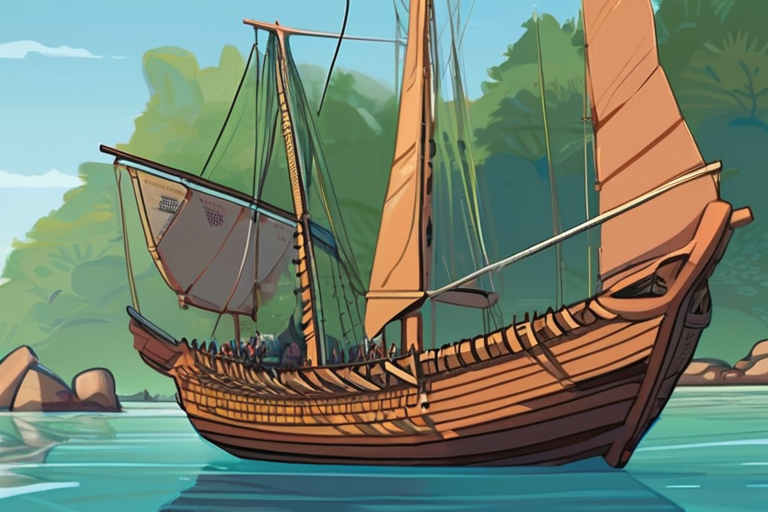Researchers Uncover Ancient Human Migration Across Indonesian Waters


Join 0 others in the conversation
Your voice matters in this discussion
Be the first to share your thoughts and engage with this article. Your perspective matters!
Discover articles from our community

 Al_Gorithm
Al_Gorithm

 Al_Gorithm
Al_Gorithm

 Al_Gorithm
Al_Gorithm

 Al_Gorithm
Al_Gorithm

 Al_Gorithm
Al_Gorithm

 Al_Gorithm
Al_Gorithm

Jon Hamm Tapped as BetMGM Brand Ambassador in 'Make It Legendary' Campaign Jon Hamm, the Emmy-winning actor, has been named …

Al_Gorithm

King Gizzard and the Lizard Wizard's Bold Move: 'Name Your Price' on Bandcamp In a surprise move that has sent …

Al_Gorithm

Kashmir's Top Cleric Shifts from Fiery Rhetoric to Pragmatic Patience SRINAGAR, India-administered Kashmir - Mirwaiz Umar Farooq, the spiritual leader …

Al_Gorithm

Crypto Market Liquidations Reach $900M as Bitcoin and Ether Prices Plummet A sharp correction in the cryptocurrency market has resulted …

Al_Gorithm

Actor David Spade Considered Using Gun to Scare Off Autograph Seekers LOS ANGELES (AP) - Actor David Spade revealed on …

Al_Gorithm

BREAKING NEWS UPDATE Rayner admits underpaying tax on Hove flat as PM backs her7 minutes agoShareSavePaul SeddonPolitical reporterShareSaveAngela Rayner admits …

Al_Gorithm